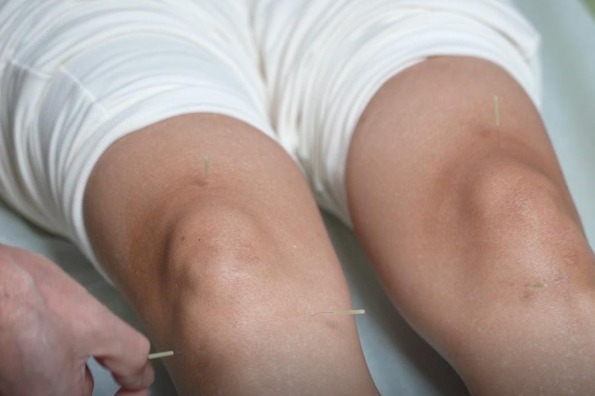Wider scope for TCM's development

With strong support from the central government, traditional Chinese medicine was brought into full play for the first time in Hong Kong during the COVID-19 pandemic to help those who had become infected, with remarkable results.
A team of TCM practitioners from Hong Kong Baptist University launched a free online consultation service for COVID-19 patients in mid-February, offering counselling via WhatsApp video conferencing and free prescription and dispensing services for those who were under isolation, had no severe symptoms and did not require hospitalization. It came as a big relief, with the city's public hospitals overwhelmed by the drastic increase in COVID-19 cases.
The free TCM telemedicine consultation service generated "exceptional" feedback, according to Bian Zhaoxiang, professor and associate vice-president of the School of Chinese Medicine at HKBU. He said nearly 42,000 patients had benefited from the service and most of them recovered in about seven to eight days, showing TCM's considerable effectiveness in dealing with clinical symptoms.
"The participation of HKBU's School of Chinese Medicine in treating COVID-19 patients offers valuable experience for Hong Kong's medical personnel and will strengthen the role of Chinese medicine in the local healthcare system," Bian said.
As the scale of the TCM industry increases and the capacity of TCM services continues to improve, Hong Kong's community is putting in greater efforts to explore a wider scope for TCM's development.
The HKSAR's first Chinese Medicine Hospital, which held a groundbreaking ceremony on June 2 and is expected to be completed and in operation by 2025, will further accelerate the promotion of TCM, with the government selecting HKBU as the service contractor. "The establishment of a Chinese medicine hospital with an inpatient system is of great significance in the training of TCM professionals, teaching and research, as well as the development of TCM," Bian said.
He sees the CMH, located in Tseung Kwan O, becoming a practicum base for traditional Chinese medicine and pharmacy students from universities and other training bodies in Hong Kong, and providing greater flexibility in training professionals in the industry. Previously, most TCM students had to go to hospitals on the Chinese mainland for clinical practice.
The clinical trial facilities at the CMH are expected to beef up research in and development of more effective traditional Chinese medicines and therapies, and present more clinical evidence and proof of efficacy to aid clinical research in TCM in Hong Kong, Bian said. He hopes the new facility will form a multidisciplinary medical system with TCM as the mainstay, combining Western medicine, nursing and paramedical care to strengthen the city's public healthcare system.
Li Hong, deputy chairman of Guangzhou Pharmaceutical Group (Macao) International Development Company, said the Guangdong-Hong Kong-Macao Greater Bay Area, with the staunch backing of the central government, provides a firm foundation for developing Chinese medicine.
With a pool of leading enterprises, scientific research institutions and talent teams, the Greater Bay Area will be the "front-runner" in the development of TCM, Li said. The region would be the "highland" for the TCM industry, academia and research, as well as an important window for internationalizing TCM in future, he said.
In addition, the Greater Bay Area, as one of the nation's most active regions in terms of foreign business activities, will be a vital channel for TCM to go abroad, Li said.
With the creation of the institutional mechanism for the common construction and sharing of Chinese medicine in the region, he believes the growth of the TCM business will lead to broader cooperation among enterprises, talents, research and development, as well as trade.




